Discussing in Group 4 (including the National Assembly delegations of Khanh Hoa, Lai Chau and Lao Cai provinces) on the morning of November 17 about the draft Resolution of the National Assembly on mechanisms and policies to effectively implement Resolution No. 72-NQ/TW dated September 9, 2025 of the Politburo on a number of breakthrough solutions to strengthen the protection, care and improvement of people's health (referred to as the draft Resolution), the delegates basically agreed with the issuance of the Resolution.
According to National Assembly Delegate Tao Van Giot ( Lai Chau ), the draft Resolution has mentioned many breakthrough policies in health care, improving people's lives. Agreeing with the name of the Resolution, the delegate said that when implementing this content, the responsibility and qualifications of the implementation team must be raised to a new level.
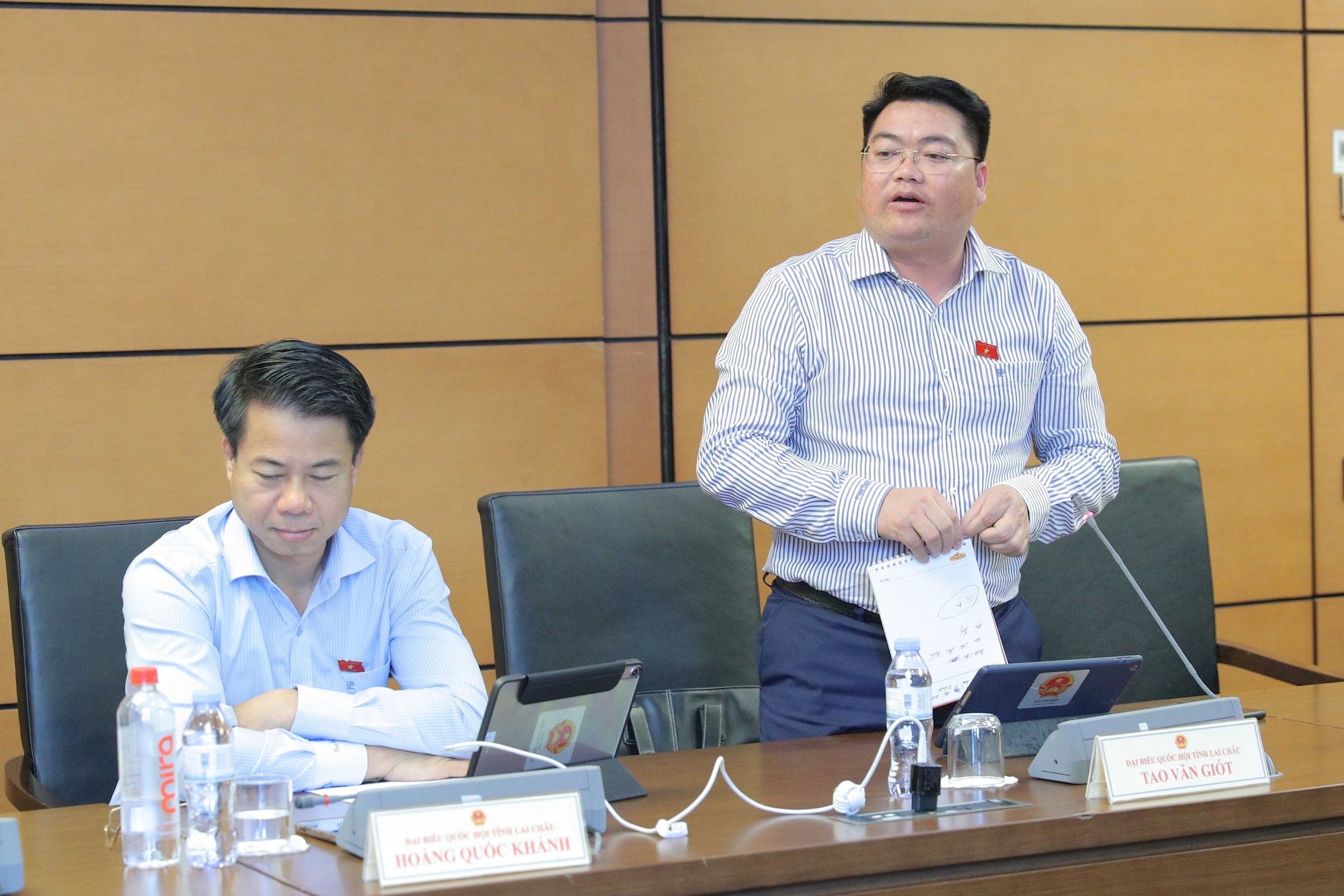
According to Clause 1, Article 3 of the draft Resolution, traditional medicine doctors, maxillofacial doctors, preventive medicine doctors, etc. will be ranked from level 2 of their professional title when recruited.
Emphasizing that the policy must ensure fairness, delegates suggested that it should be extended over a period of time, for example, 10 years. Because if the regulation requires immediate recruitment to receive level 2 salary, it will put those recruited 1, 2, 3… years ago at a disadvantage.
Also related to the treatment policy for medical staff, delegate Tao Van Giot said that the direct allowance of the industry is currently implemented according to Decision No. 73/2011/QD-TTg on regulations of a number of special allowance regimes for civil servants, public employees, and workers in public medical facilities and the anti-epidemic allowance regime.
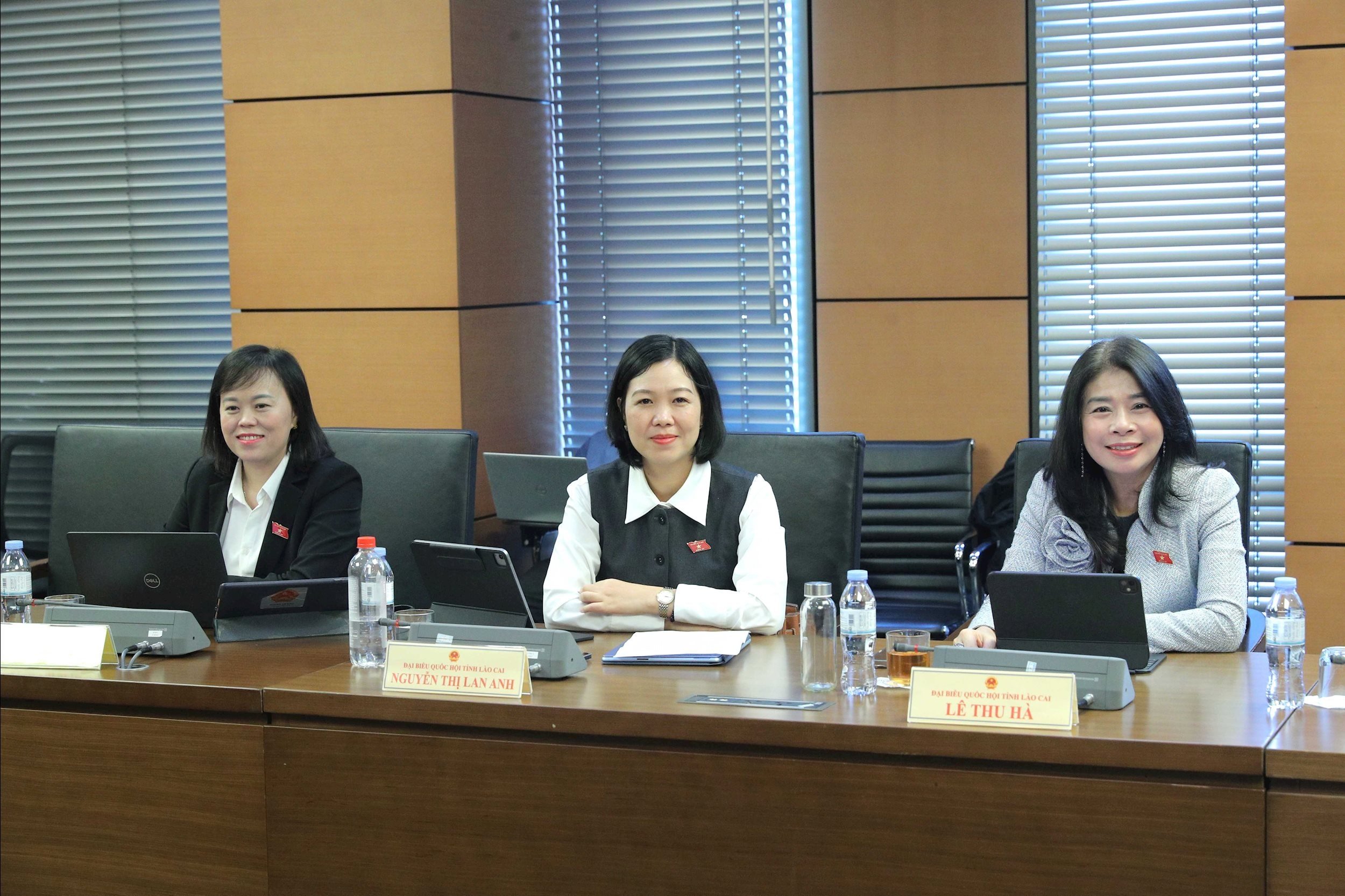
“In the past, at the district level, a doctor on duty received 40,000 VND per day. This may have been appropriate in 2011, but it is no longer guaranteed.”
Citing that reality, the delegate said that although National Assembly delegates, including those from the health sector, have expressed many opinions, up to now, the Government and the Ministry of Health have not yet issued any revised documents, causing great disadvantage to medical staff.
From there, the delegates suggested that promptly resolving policies for medical staff is "extremely urgent" and needs to be implemented immediately, avoiding discussions without a roadmap for implementation, causing medical staff to continue waiting.
Sharing the above opinion, National Assembly Deputy Sung A Lenh (Lao Cai) confirmed that currently, in difficult areas and mountainous areas, attracting human resources for health and education is very difficult. However, the current on-duty allowance for health workers is very low, and the Government and the Ministry of Health have not yet issued instructions to increase this allowance.
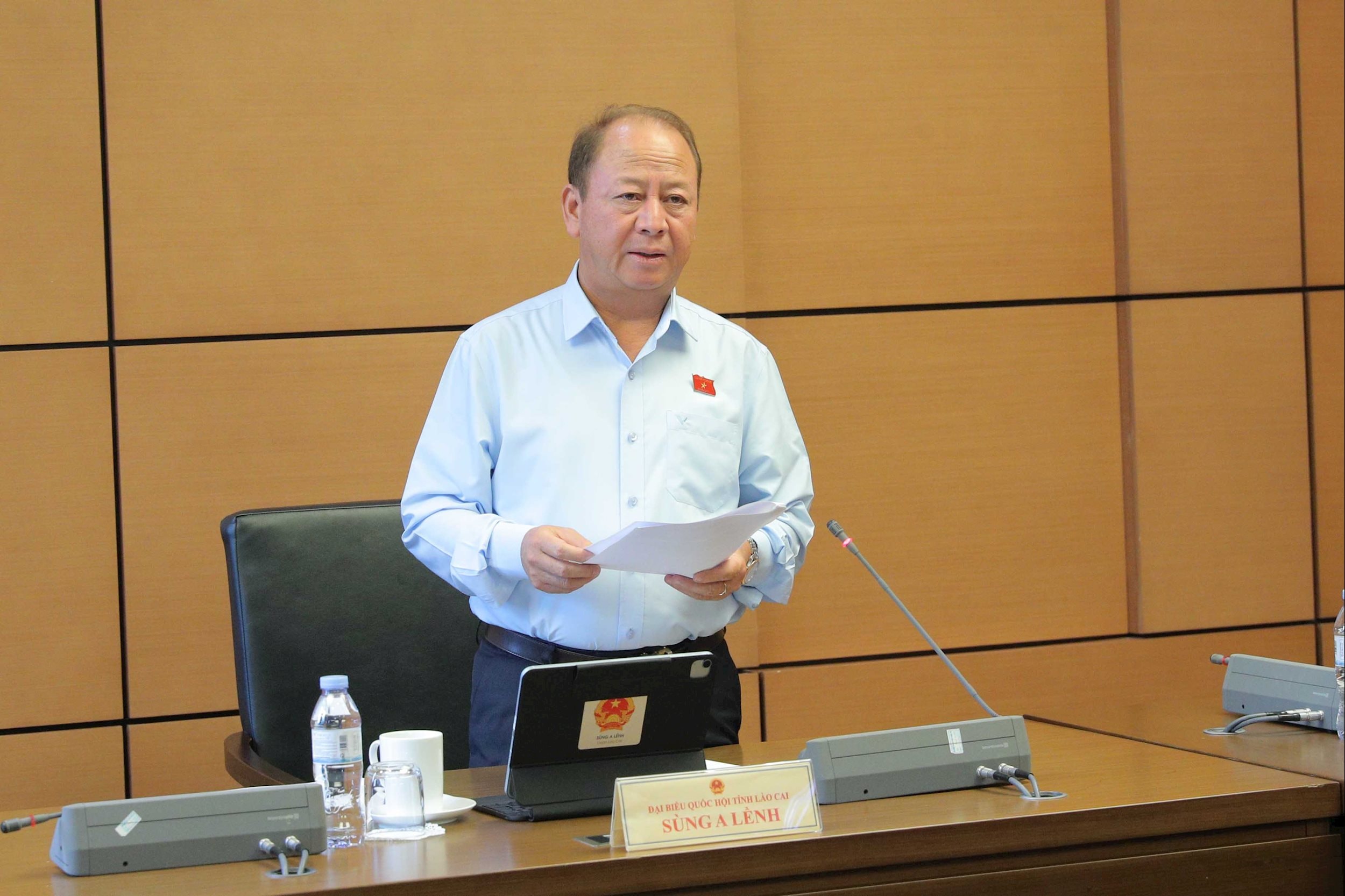
On the other hand, following the two-level local government model, the management of commune health stations in localities is different. In some places, it is managed by the Department of Health, while in others, it is assigned to the People's Committee at the commune level.
Therefore, the Ministry of Health needs to soon have unified guidelines in managing the grassroots health system nationwide; have investment guidelines so that grassroots health stations can meet the requirements and tasks of taking care of people's health.
Also according to delegate Sung A Lenh, implementing Resolution No. 72-NQ/TW on determining funding sources to reduce medical costs for people, the draft Resolution assigns the Government to specify and determine appropriate funding sources to implement chronic disease management and operate electronic health records for people.
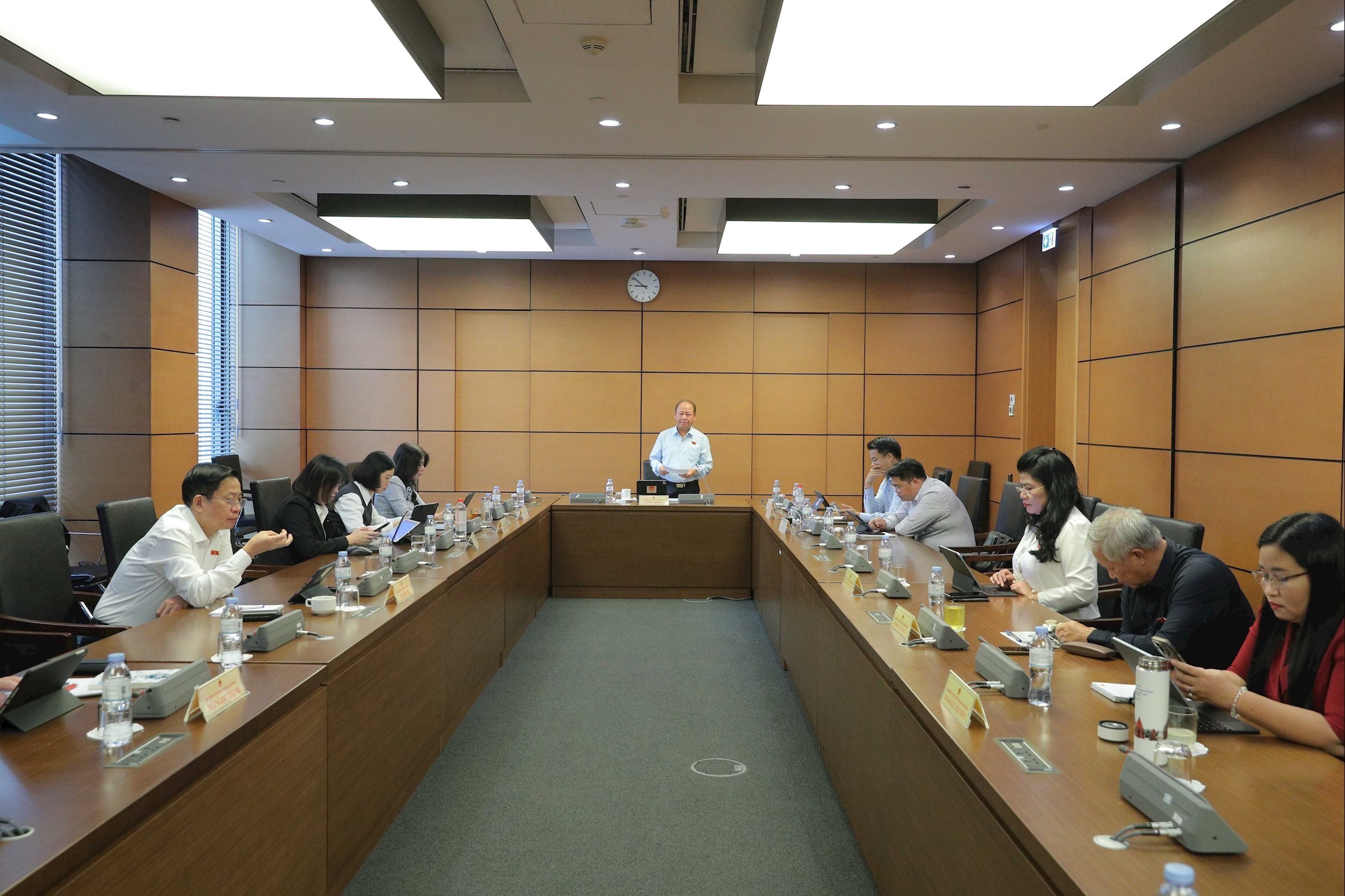
In reality, creating electronic health records and conducting periodic screening for the entire population is a huge and costly task, especially in difficult areas, remote areas, highlands and mountainous areas where the cost is huge and requires a stable source of funding.
According to the draft Resolution, from 2026, there will be at least one free health check-up for people every year. Agreeing with this policy, delegate Sung A Lenh estimated that if each health check-up for a person costs from 500,000 to 1 million VND, the total amount of money to implement this policy nationwide will be huge, up to tens of thousands of billions of VND. Meanwhile, the financial policy is still not specific and unclear.
To ensure the feasibility of the policy, delegates suggested that it is necessary to clearly stipulate the funding source for implementation.
Source: https://daibieunhandan.vn/bac-si-truc-mot-ngay-duoc-40-000-dong-da-khong-con-phu-hop-10395962.html



![[Photo] General Secretary To Lam and National Assembly Chairman Tran Thanh Man attend the 80th Anniversary of the Traditional Day of the Vietnamese Inspection Sector](https://vphoto.vietnam.vn/thumb/1200x675/vietnam/resource/IMAGE/2025/11/17/1763356362984_a2-bnd-7940-3561-jpg.webp)




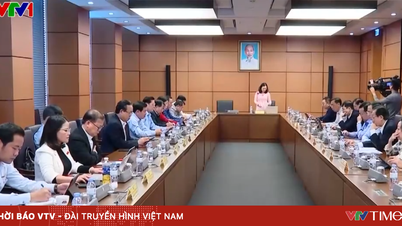

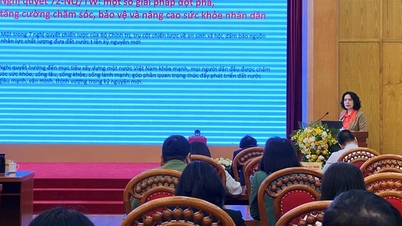

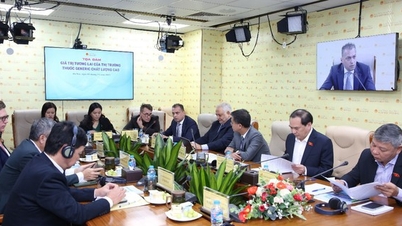
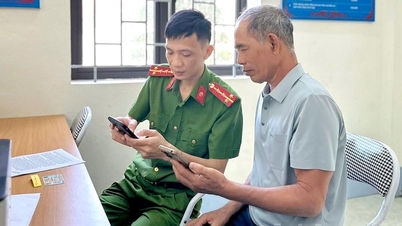



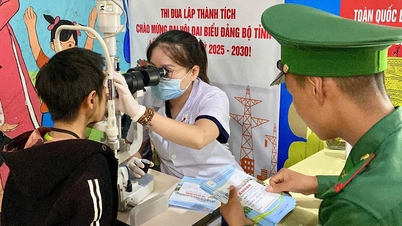
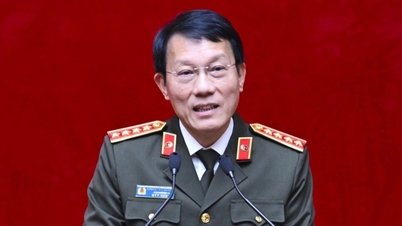

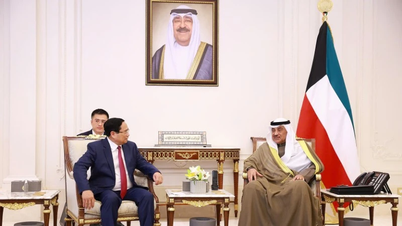

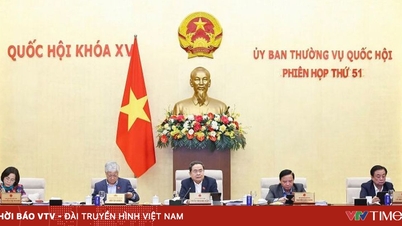
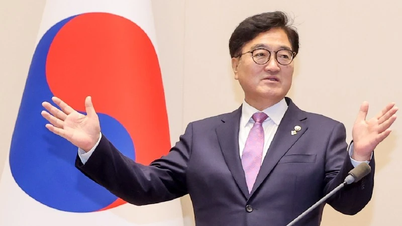
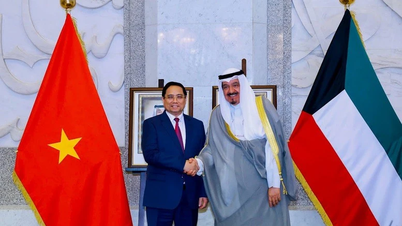
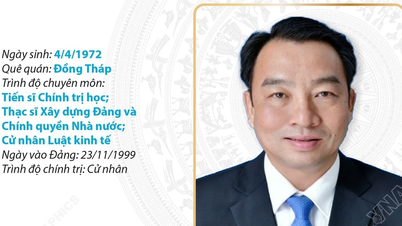





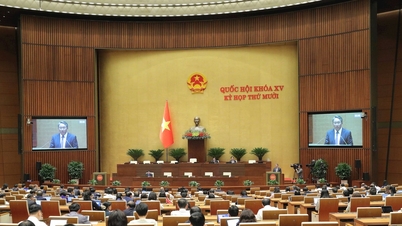
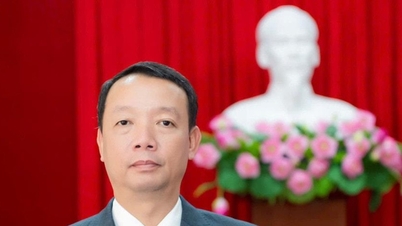

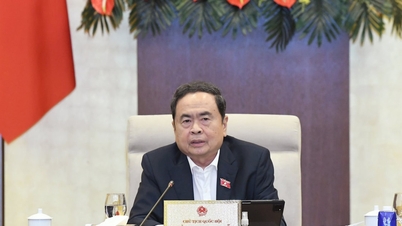
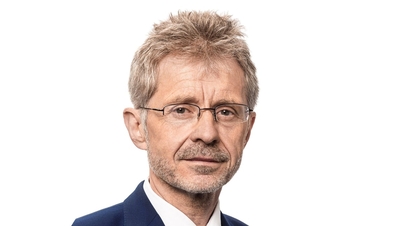
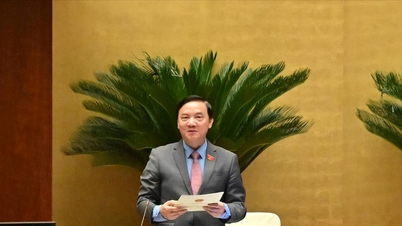



















































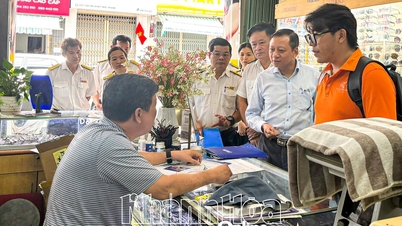


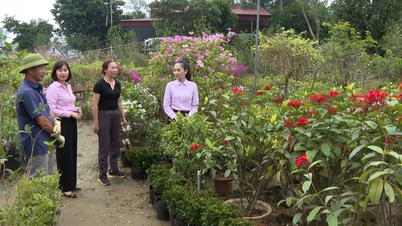

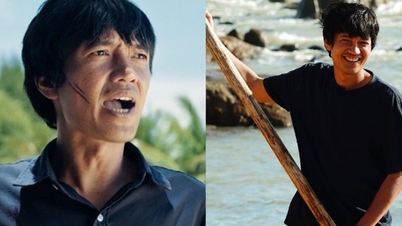
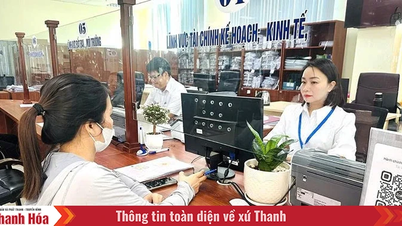

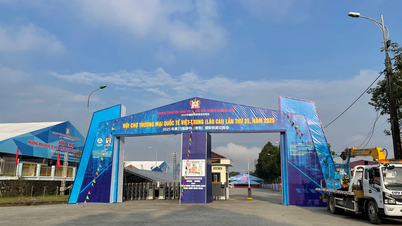










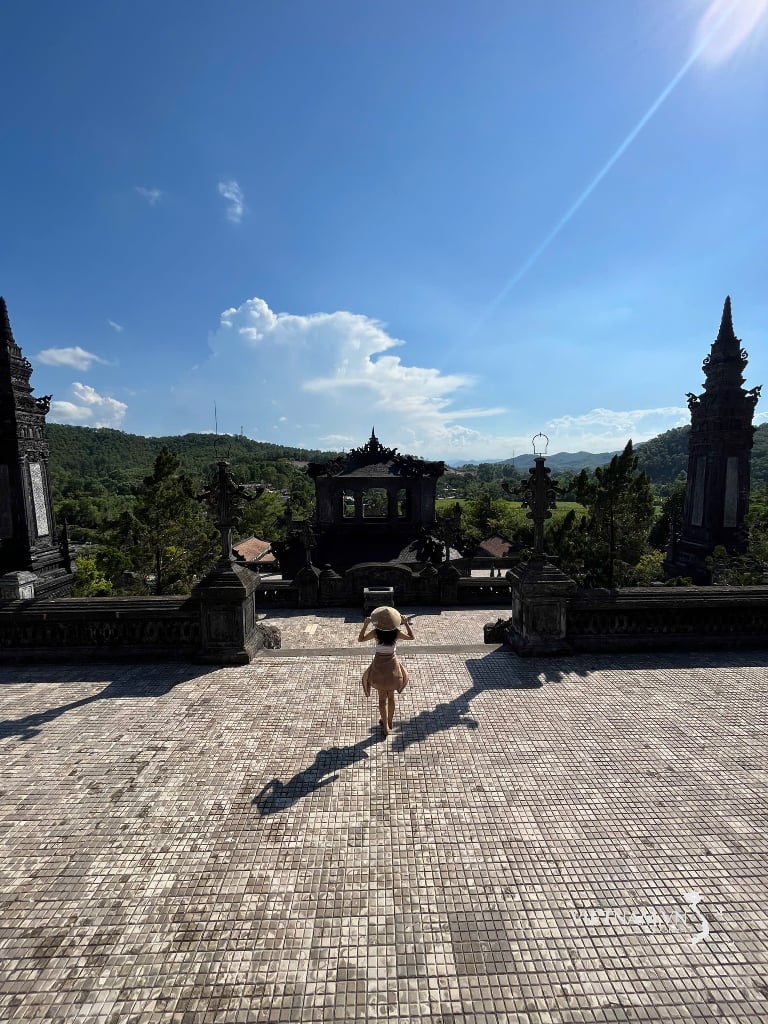


Comment (0)